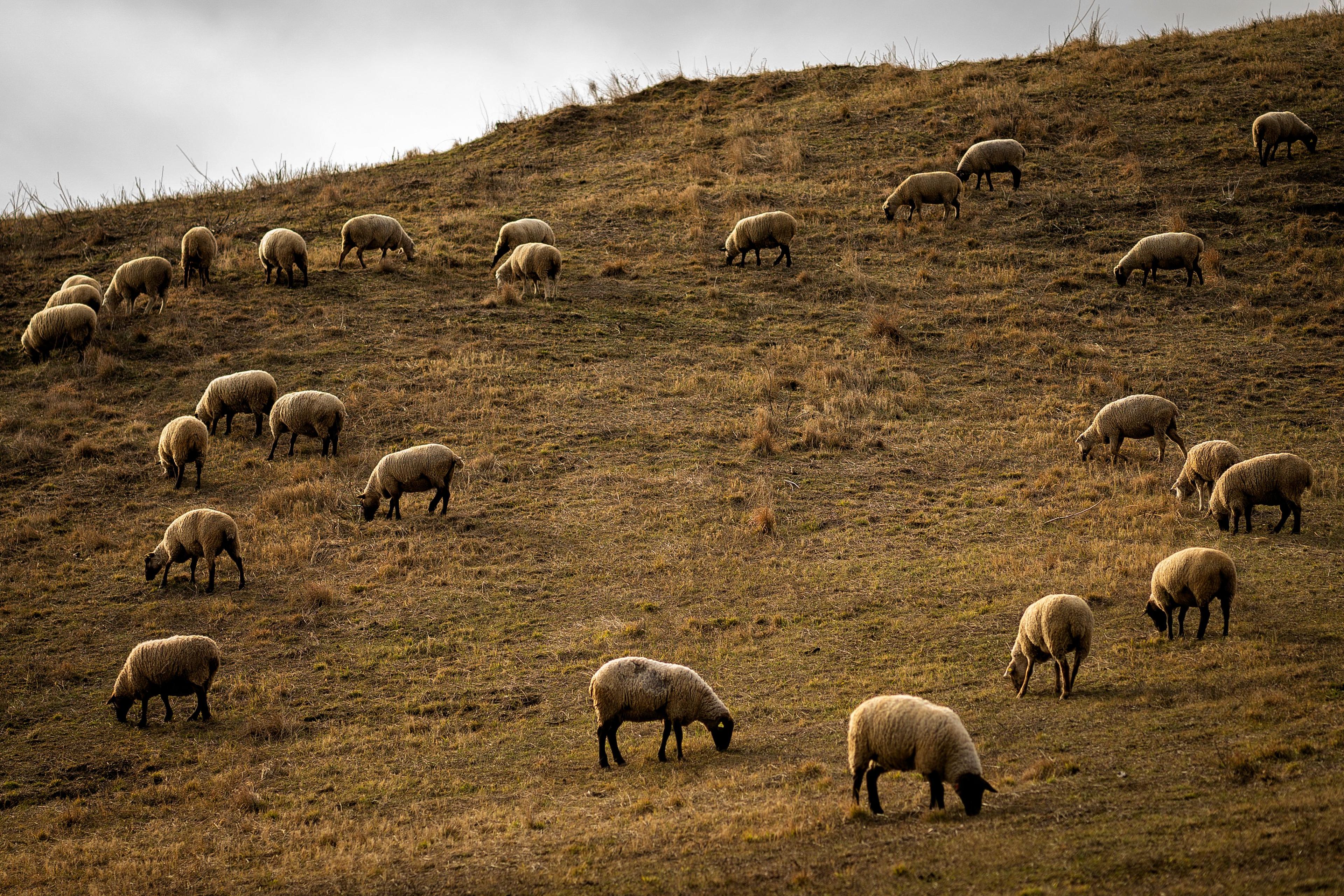
As global average annual temperatures breach 1.5°C for the first time and 6/9 planetary boundaries are crossed, a first-of-its-kind report from the $75 trillion-backed FAIRR investor network charts a path towards reducing the negative impact of livestock production – finding nature-based interventions are better for emissions reductions, biodiversity and overall planetary health than those relying on technology.
The report was produced by the FAIRR Initiative in collaboration with the ClimateShot Investor Coalition at the Climate Policy Initiative and Vibrant Data Labs with support from The Omidyar Group and Planetary Guardians, including Christiana Figueres, Hiro Mizuno and Paul Polman.
The report assesses the mitigation potential and viability of 22 interventions frequently cited by the agrifood sector as a way of addressing climate and nature risks from intensive livestock production – scoring each against the Stockholm Resilience Centre’s planetary boundaries framework and tracking how much private and public capital they receive.
Of the 22 on-farm interventions assessed, 12 are nature-based and 10 are tech-based. Overall, nature-based solutions had a greater positive impact on GHG reductions and removals, biodiversity, freshwater use, chemical inputs and the flow of nutrients across ecosystems than tech-based solutions.
Contrary to this evidence, the report found that only 45% (USD $127 million) of climate-focused annual public funding for these 22 interventions globally (USD $284 million) flows towards nature-based solutions relative to tech-based.
This is concerning because tech-based climate interventions are more likely to be aligned with intensive livestock production practices, and lead only to incremental emissions reductions relative to the long-term systemic changes from implementing nature-based interventions.
Further, 7/10 tech-based solutions show evidence of significant negative trade-offs against other planetary boundaries – with the strongest evidence against large-scale anaerobic digesters for animal waste, synthetic animal feed additives and GHG-focused livestock breeding and genetic selection.
On average, and ignoring negative trade-offs, each nature-based intervention positively impacts 5/7 boundaries compared to just 3/7 for tech-based.
Six nature-based interventions (biobased fertilisers, crop rotations, grazing optimisation, hedgerows, silvopasture and tree intercropping) are market-ready, could deliver a net return on investment within five years and show no evidence of significant negative trade-offs – versus just three tech-based (animal health and performance management, farm irrigation efficiency and improved livestock infrastructure).
Both tech- and nature-based interventions have the potential to be profitable with the adoption of carbon and nature-based credit markets.
Despite livestock production being responsible for up to 19.6% of global GHG emissions and being the leading driver of deforestation and land use change – the report finds these 22 interventions receive just 0.1% (USD $284.5 million) of climate-related public finance globally3.
Analysis of private-sector funding in the United States4 found that the intensive livestock industry received USD $120 million for these interventions, only 0.2% of US-specific climate mitigation investment tracked across all sectors.
Investors need to understand the effectiveness and viability of climate- and nature-focused interventions and consider this in their decision-making. It is hoped that this research can help investors understand and integrate nature-based solutions into portfolios to meet climate and nature goals more effectively.
About Climate Policy Initiative (CPI) & ClimateShot Investor Coalition (CLIC)
Climate Policy Initiative (CPI) is an analysis and advisory organization with deep expertise in finance and policy. Our mission is to help governments, businesses, and financial institutions drive economic growth while addressing climate change. CPI has seven offices around the world in Brazil, India, Indonesia, South Africa, the UK, and the US. The ClimateShot Investor Coalition (CLIC) is a global coalition working to accelerate and scale finance for low-carbon, climate-resilient, and nature-positive agriculture and food systems globally. CPI is the Secretariat of CLIC. CLIC is funded by UK International Development of the Foreign, Commonwealth, and Development Office (FCDO).
About FAIRR
The FAIRR Initiative is a collaborative investor network, founded by Jeremy Coller, with a membership of $75 trillion in collective assets of support. FAIRR works with institutional investors to define the material ESG issues linked to intensive livestock and fish farming systems and provide them with the tools necessary to integrate this information into their asset stewardship and investment decisions. This includes the Coller FAIRR Index, the world’s first comprehensive assessment of the largest global animal protein companies on environmental, social and governance issues.